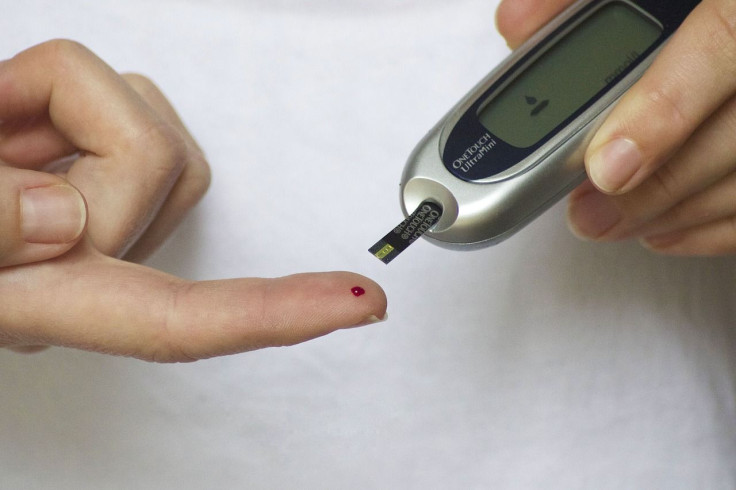Type 1 And 2 Diabetes Surging Among US Youths, Study Finds
KEY POINTS
- The number of young people with diabetes increased from 2001 to 2017
- Prevalence rates increased for both type 1 and type 2 diabetes
- Type 2 diabetes skyrocketed among Black and Hispanic youths, the CDC said
Type 1 and type 2 diabetes are surging among the youths in the U.S., a new study has found. Young people are said to be more likely to develop complications earlier.
In a new study, published in JAMA Tuesday, researchers analyzed the trends in type 1 and type 2 diabetes among people in the U.S. who were under the age of 20 from 2001 to 2017. To do this, they looked at physician-diagnosed diabetes in six areas in the country in 2001, 2009 and 2017.
The researchers found that people under 20 who were living with type 1 diabetes increased by 45% from 2007 to 2017, while those in the same age range who were living with type 2 diabetes increased by a whopping 95%, the Centers for Disease Control and Prevention (CDC) noted in a news release.
"In this observational, cross-sectional, multicenter study of a mean of 3.47 million youths for each prevalence year from 6 areas in the U.S., the estimated prevalence of type 1 diabetes among those 19 years or younger increased significantly, from 1.48 per 1,000 youths to 2.15 per 1,000 youths, and the estimated prevalence of type 2 diabetes among those aged 10 to 19 years increased from 0.34 per 1,000 youths to 0.67 per 1,000 youths," the researchers wrote.
Type 1 diabetes was found to still be the "most common" type of diabetes among U.S. youths, being more common among white youths than youths from other ethnic or racial minority groups, the CDC noted. Meanwhile, type 2 diabetes was found to be more common in racial or ethnic minority groups than among white youths.
Specifically, Black or Hispanic youths saw the "greatest increases" in the prevalence of Type 2 diabetes, with the highest numbers "per 1,000" seen in Black or American Indian youths.
Both type 1 and type 2 diabetes are chronic diseases that affect the way people regulate blood sugar. Both conditions can lead to "chronically high" blood sugar, Healthline said, noting that this can increase the risk of complications.
"Increases in diabetes are always troubling – especially in youth. Rising rates of diabetes, particularly type 2 diabetes, which is preventable, has the potential to create a cascade of poor health outcomes," Dr. Giuseppina Imperatore of the CDC's Division of Diabetes Translation said in the agency's news release. "Compared to people who develop diabetes in adulthood, youth are more likely to develop diabetes complications at an earlier age and are at higher risk of premature death."
Study lead Jean M. Lawrence of the National Institutes of Health noted the need for further studies on the reasons for the increases in both type 1 and type 2 diabetes.
"Increasing prevalence of type 2 diabetes could be caused by rising rates of childhood obesity, in utero exposure to maternal obesity and diabetes, or increased diabetes screenings," Lawrence said as per the CDC news release. "The impact of diabetes on youth is concerning as it has the potential to negatively impact these youth as they age and could be an early indicator of the health of future generations."
This also highlights the need to improve care and reduce "racial disparities," Dr. Dayna McGill, a pediatric endocrinologist at Massachusetts General Hospital, noted as per USA Today. She also cited the "social factors" that may be at play when it comes to weight gain, like the lack of access to healthy food, sports participation and places to play outside.
Type 2 diabetes can be prevented or delayed with "proven, achievable" lifestyle changes, the CDC said. The agency even has a prediabetes risk test to help assess one's risk for it.
"Parents have the power to make healthy changes that give kids the best chance to prevent type 2 diabetes," the CDC said. "And when the whole family makes changes together, it's easier to create healthy habits that stick."

© Copyright IBTimes 2024. All rights reserved.












